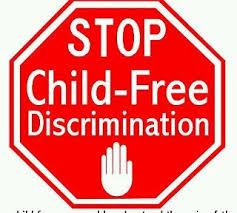
The International Convention on the Rights of the Child centres upon the principle of nondiscrimination. All children should be treated, protected and cared for in the same manner. However in today’s world, many children and groups of children are victims of discrimination.
The universal and absolute principle of nondiscrimination
Discrimination is the act of treating an individual or a group of people in an illegal or unfavorable manner on the grounds of race, color, sex, nationality, language, religion or social origin.
Outlawing discrimination is a fundamental and absolute principle, declared by all the international standards relating to human rights. Discrimination towards any person is a serious violation of human rights.
The key ideas in children’s rights to nondiscrimination
A right for all children
Children have a right to nondiscrimination. This means that all children, without exception, should enjoy their rights to effective protection.
No child should be the victim of discriminatory acts based on race, skin colour, sex, language, religion, political or other opinion, national, ethnic or social origin, wealth, handicap, etc.
Nondiscrimination does not mean equal treatment for all children
The right to nondiscrimination does not mean that all children should be treated in the same way. In fact, in some cases, preferential treatment or positive discrimination could be viewed as necessary in restoring the balance between the chances, rights and protection offered to children. These methods are justified by the need to put an end to the consequences of discrimination and the resulting inequalities.
The effects of discrimination in the world
Children are not spared the problems of discrimination and can be victims of acts of racism or other discriminatory prejudices.
The most affected are:
• Children from ethnic and minority communities that haven’t integrated into society.
• Disabled children that have specific needs: more than 200 million children in the world are handicapped (10% of the world’s children), of which more than ¾ of won’t have access to the education, care and support they need.
• Girls who fall victim to discriminatory attitudes in certain cultures: discrimination prevents more than 20 million girls from getting an education.
• Children from poorer backgrounds.
Source: Humanium
 FR
FR EN
EN AR
AR








